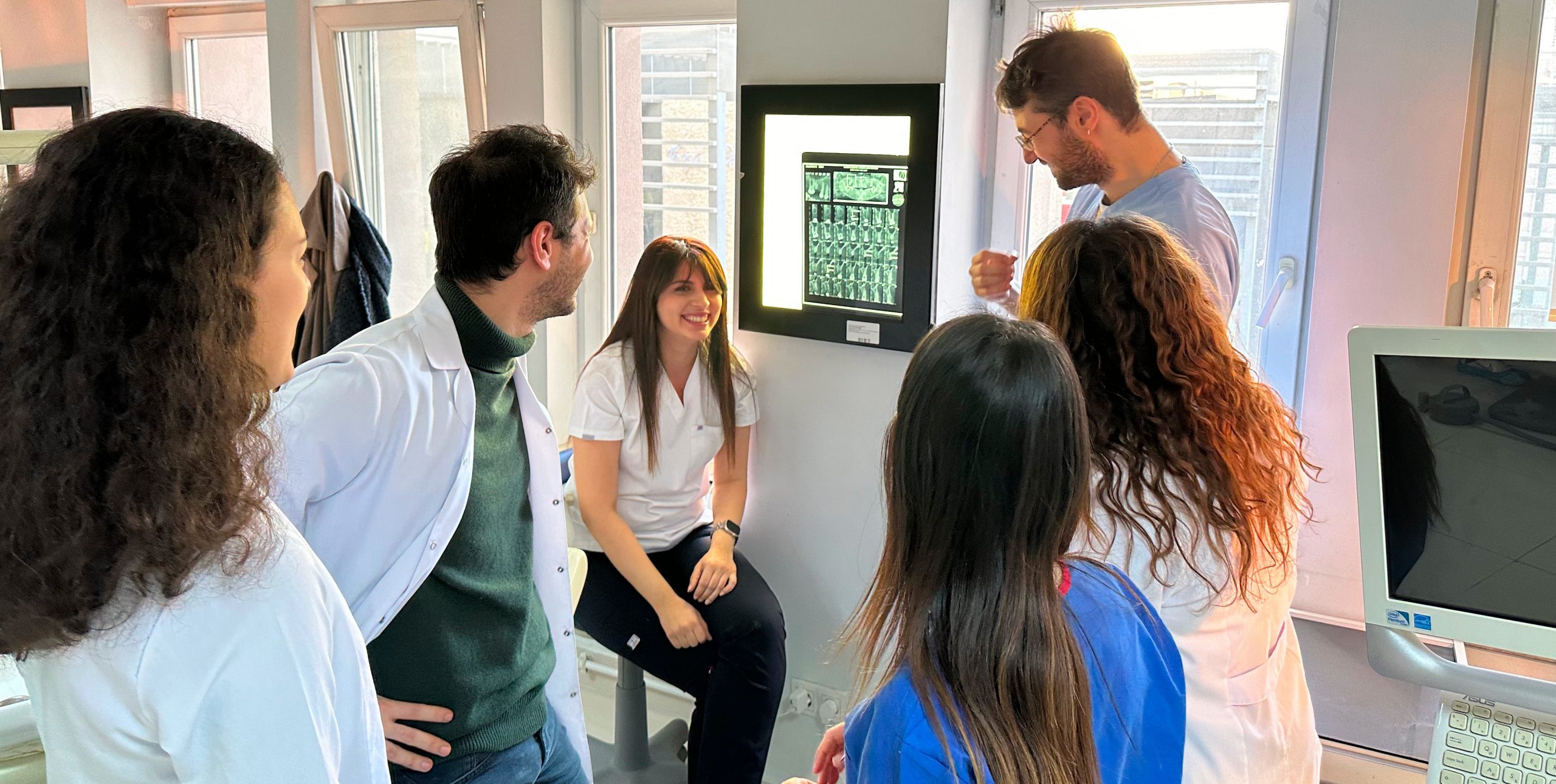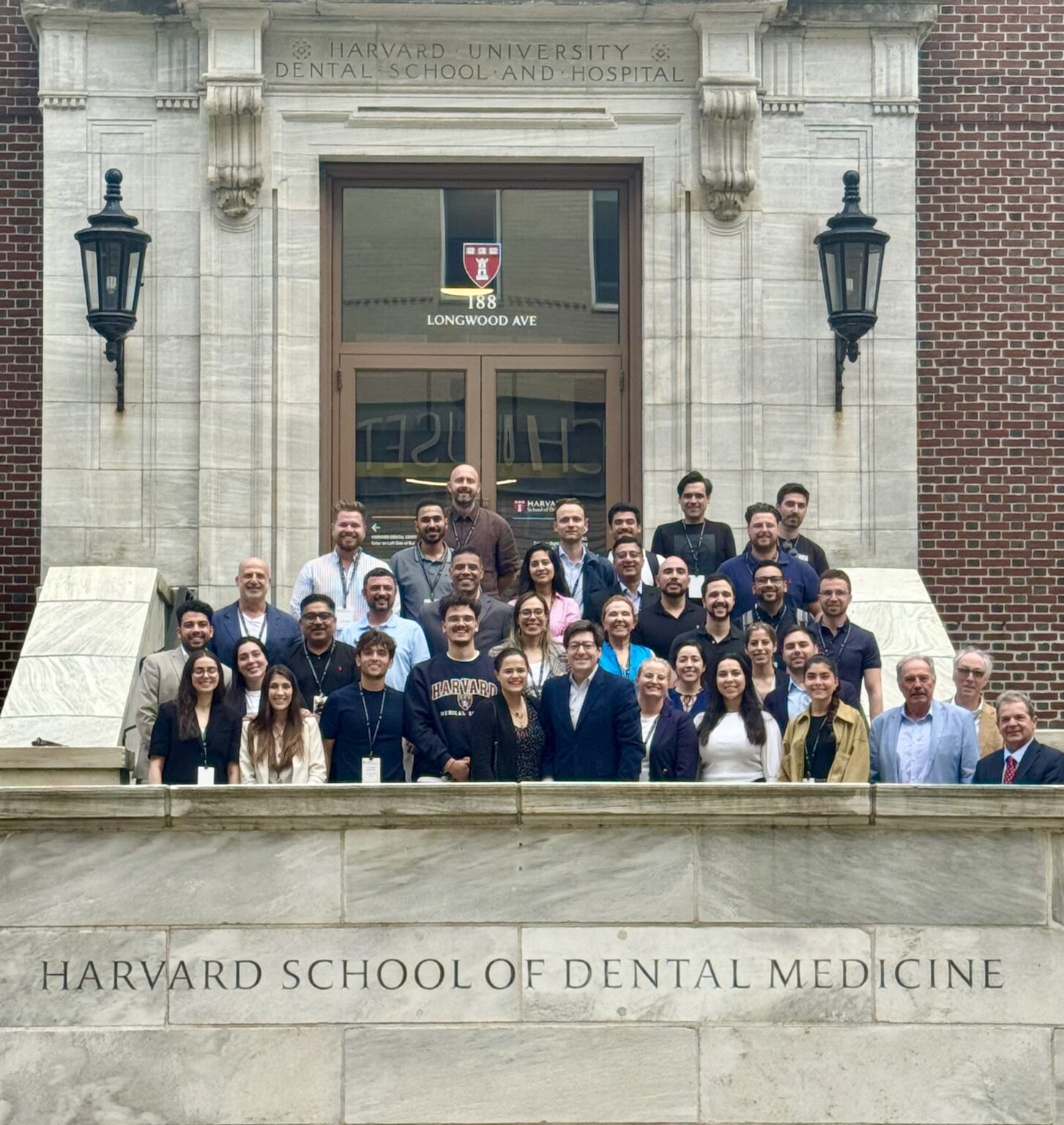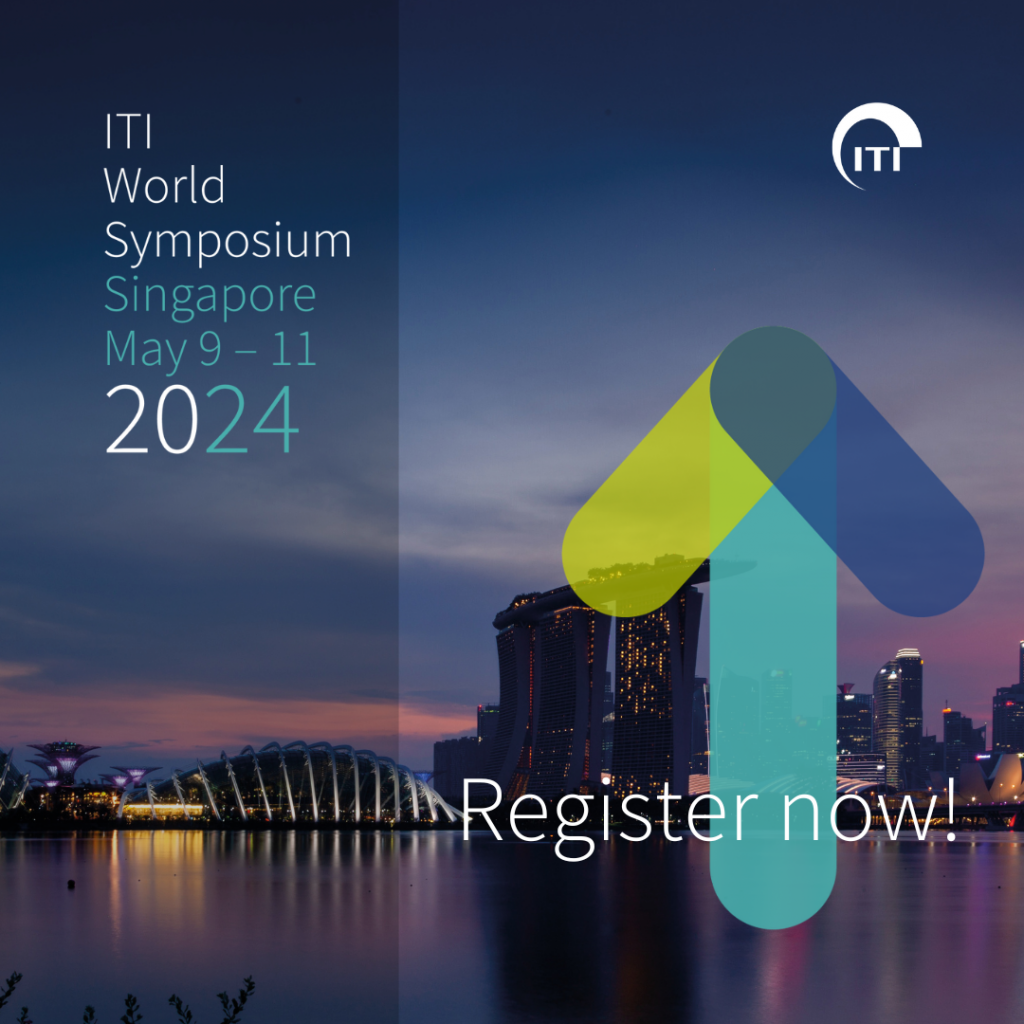With USD 2.2 million to allocate to dental-implant-related studies every year, the ITI Research Committee supports meaningful research projects run by experienced as well as aspiring researchers from all over the world. But there is more to these great professionals than just their work.
In this new feature the ITI Blog takes a 360° look at the personal and professional lives of individual researchers who have received ITI funding.
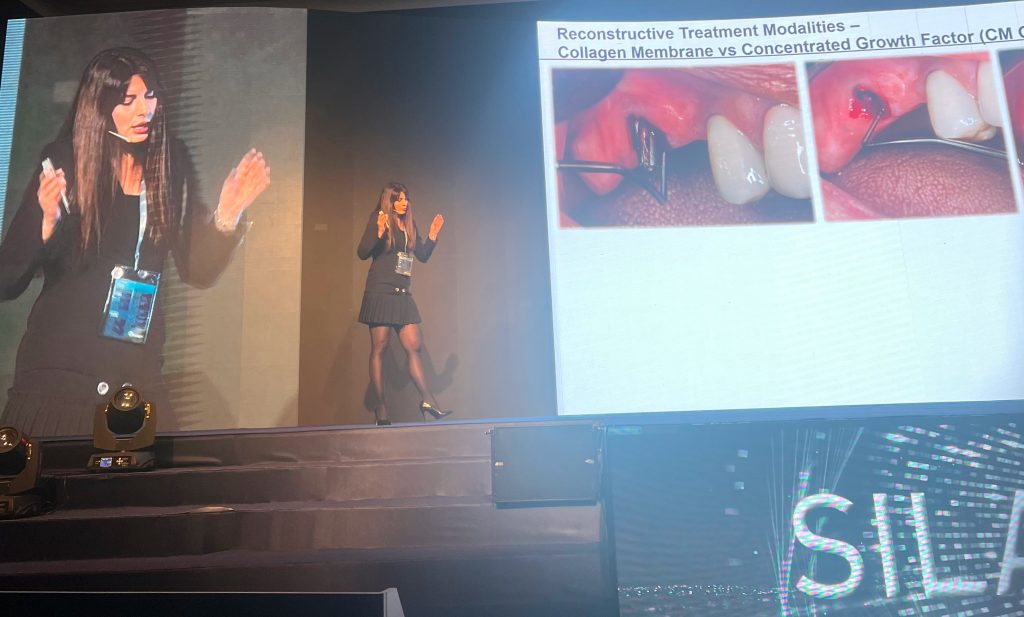
In this issue, we interview Dr. Sıla İşler. Originally from Turkey, she is currently a post-doctoral researcher at the University of Bern, Switzerland.
Can you tell us a bit about your professional background?
I fulfilled my lifelong dream of becoming a dentist by graduating from the faculty of dentistry at one of the largest and most established universities in Turkey – Gazi University – in my hometown, Ankara. I then completed a 4-year PhD program in periodontology. This was the period in which my career goals became clear. I realized how happy I was in the academy and the university and set my goal of becoming a professor.
I continued to conduct the research I started when I was a PhD student, along with new research during my 5-year tenure as a research instructor and senior lecturer at the same faculty. During this period, my enthusiasm for doing research increased as my studies were published. I became even more motivated when I received positive feedback from researchers both at home and abroad.
2020 was the year my dreams came true and I was made associate professor in the field of periodontology. However, I still felt that something more was needed for my career and I wanted to go abroad to have these experiences and develop my research career. In 2021, with an international post-doctoral research fellowship program, I took part in research as a post-doctoral researcher at the University of Bern, one of the leading universities in the field of periodontology worldwide, under the supervision of Prof. Anton Sculean and Prof. Dieter Bosshard. We are currently collaborating on several research studies where I am a guest research associate in the periodontology department of the University of Bern. During the time I lived in Switzerland, I had the opportunity to get to know the ITI and its vision and mission. We are currently conducting a nice clinical study with one of my colleagues, Dr Andrea Roccuzzo, from the University of Bern, supported by an ITI Research Grant.
How much of your time is devoted to research?
To be honest, lately research has taken up the majority of my time. We are currently collaborating with several important centers in Europe on joint projects. I spend most of my spare time on clinical tasks including patient care and surgical procedures. My motivation comes from communicating with people, treating them, and seeing positive outcomes from their care. For these reasons, even though doing clinical research is extremely difficult, I prefer doing clinical investigations. My long-term employment in the same area has made it simpler for me to monitor and keep track of my former patients’ long-term treatment outcomes. I have been doing research lately in which I evaluate my patients’ long-term therapy outcomes. It was inevitable that I would grow close to my previous patients because they saw me advance in my profession. I could say that I lecture for the remainder of my time. I particularly like the work and lessons with my PhD students. As I became a mentor at a young age, we continue to work together as friends from time to time.
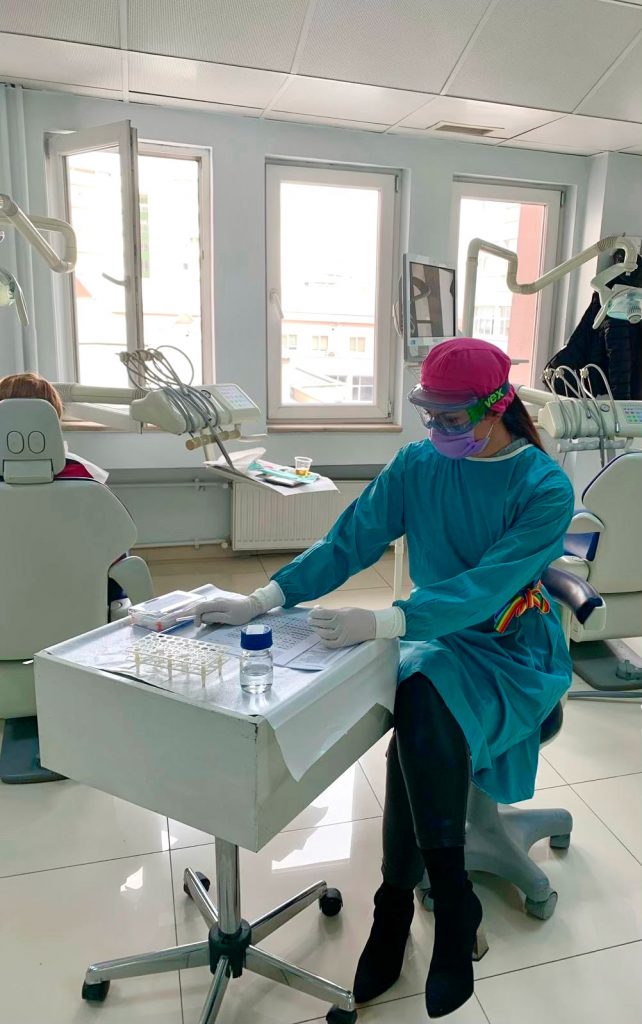
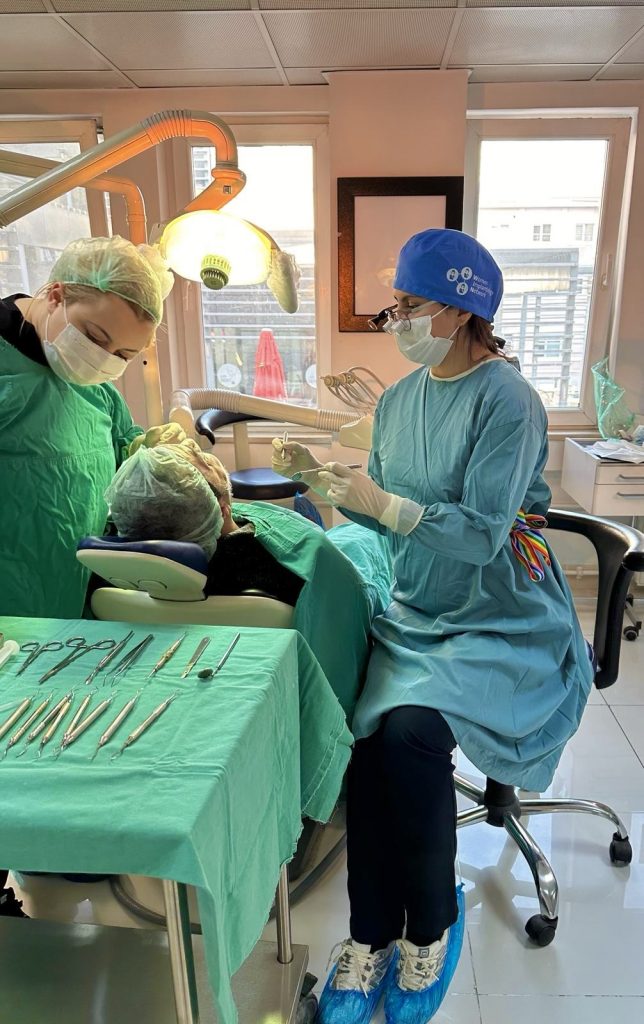
Give us a brief description of your project, what you hope to achieve and why it is relevant to implant dentistry.
Peri-implantitis, which is the most common biological complication of dental implant treatment, is a growing global oral health problem. Hence, it is imperative to apply effective treatment strategies to manage this pathological condition. Current evidence has shown unpredictable therapeutic strategies for peri-implantitis. Conventional non-surgical treatment procedures based on the removal of biofilm accumulation and debridement/instrumentation of the implant surface have exhibited limited disease resolution and persistent inflammation following therapy. Therefore, in light of the limited evidence of non-surgical approaches, together with my colleague Dr Andrea Roccuzzo, we aim to investigate the effectiveness of additional measures to submarginal instrumentation of peri-implantitis.
What would be your ideal job?
I hope to become a world-renowned periodontologist and implantologist, respected as a successful professor and researcher. Being a leader in science and an inspiration to the younger generation of motivated researchers and clinicians in my country is something I particularly want to do.
How do you manage your work-life balance?
It is not easy. I make an effort to take part in the activities I find enjoyable, even if I have to admit that I am currently failing to achieve this balance. Among the things that bring me happiness are working out, socializing with loved ones, organizing trips with close friends, and of course, shopping and fashion. I try not to avoid activities that help me relax and tank up on energy.
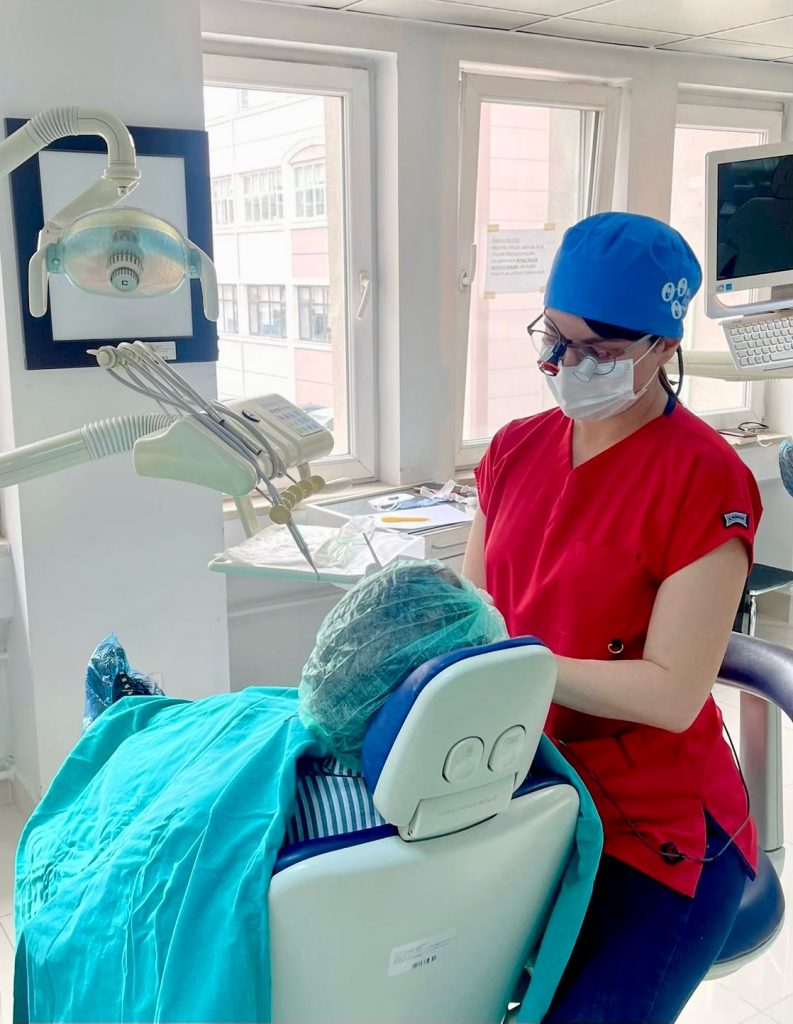
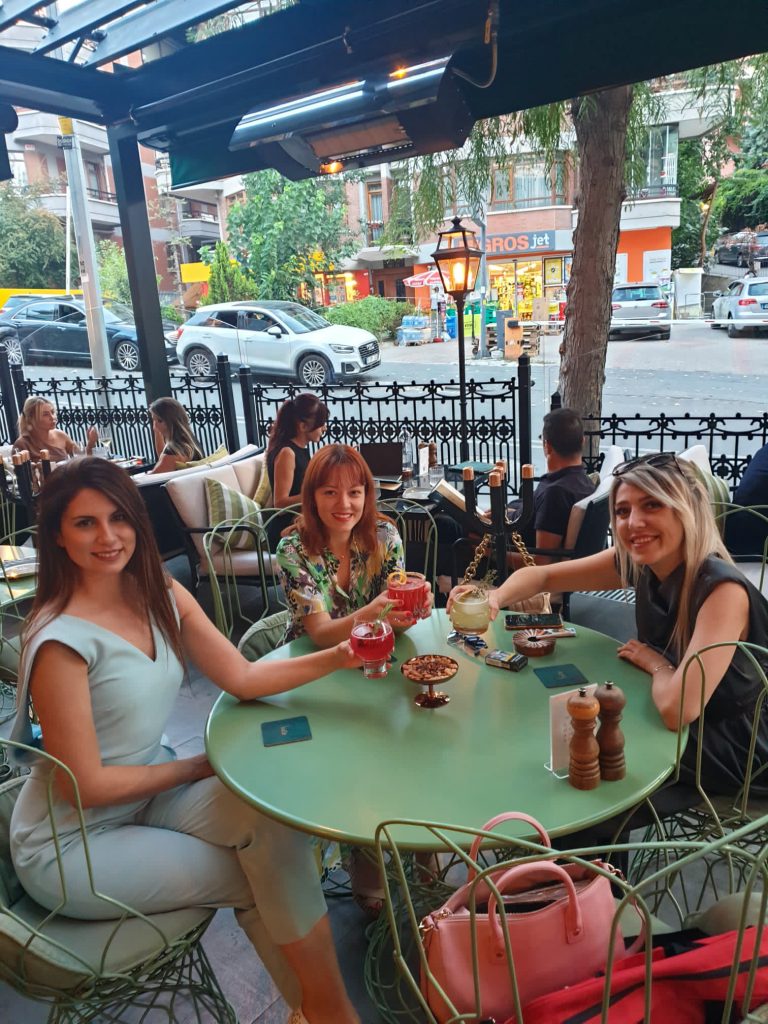
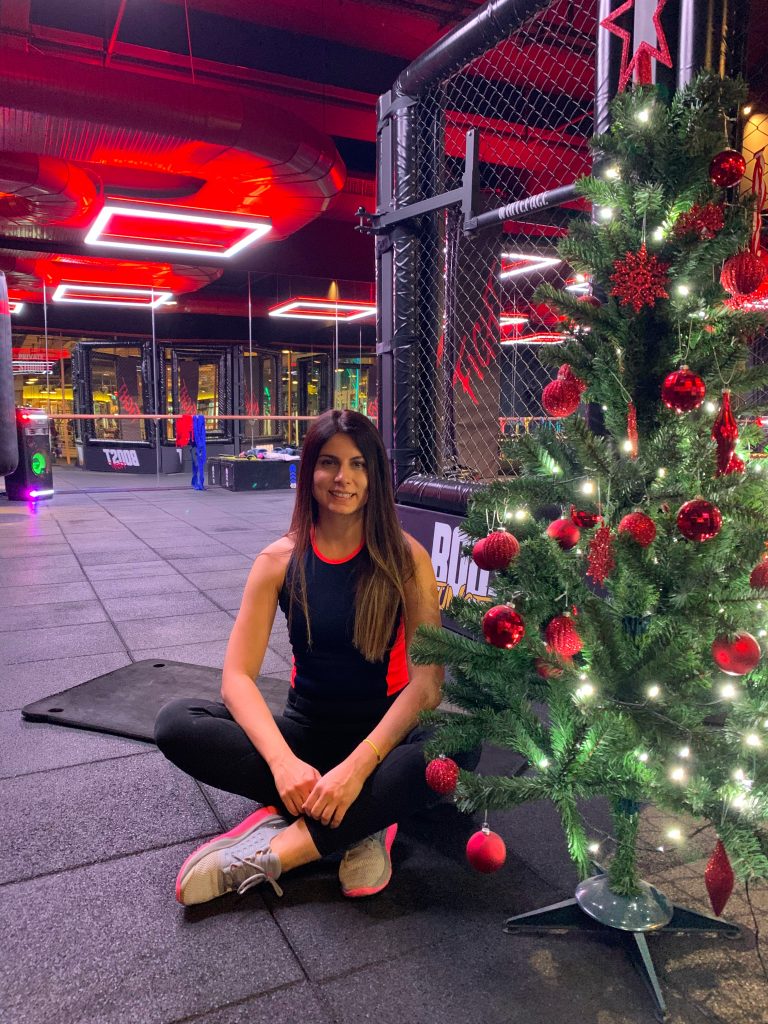
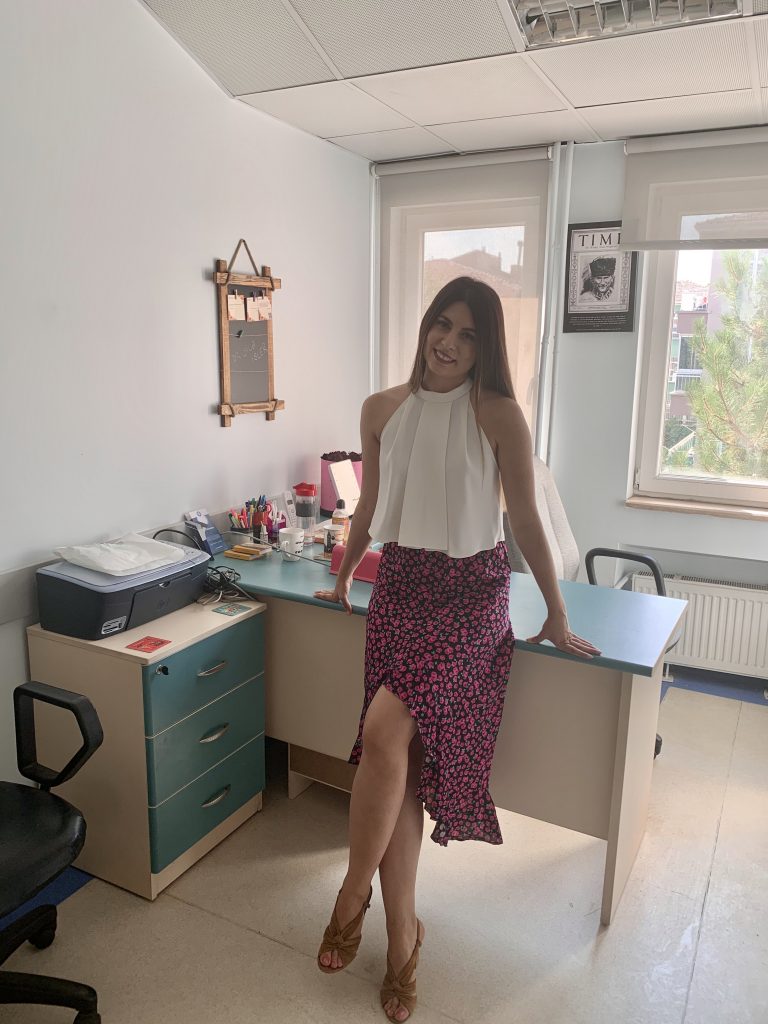
What else do you like to do apart from work?
Most of the time I have left over from my research and university work is spent doing sport. Even though the time I spend on sport has decreased lately, I can still say that I am a sports enthusiast. My favorite sports are kickboxing, CrossFit and lately playing tennis. I am very ambitious and sometimes as dedicated in these fields as in my research career. And beyond that I enjoy spending time chilling with my close friends and making travel plans with them. Additionally, I have a strong interest in fashion. I follow fashion trends and get immense joy from the act of combining and wearing different clothes.
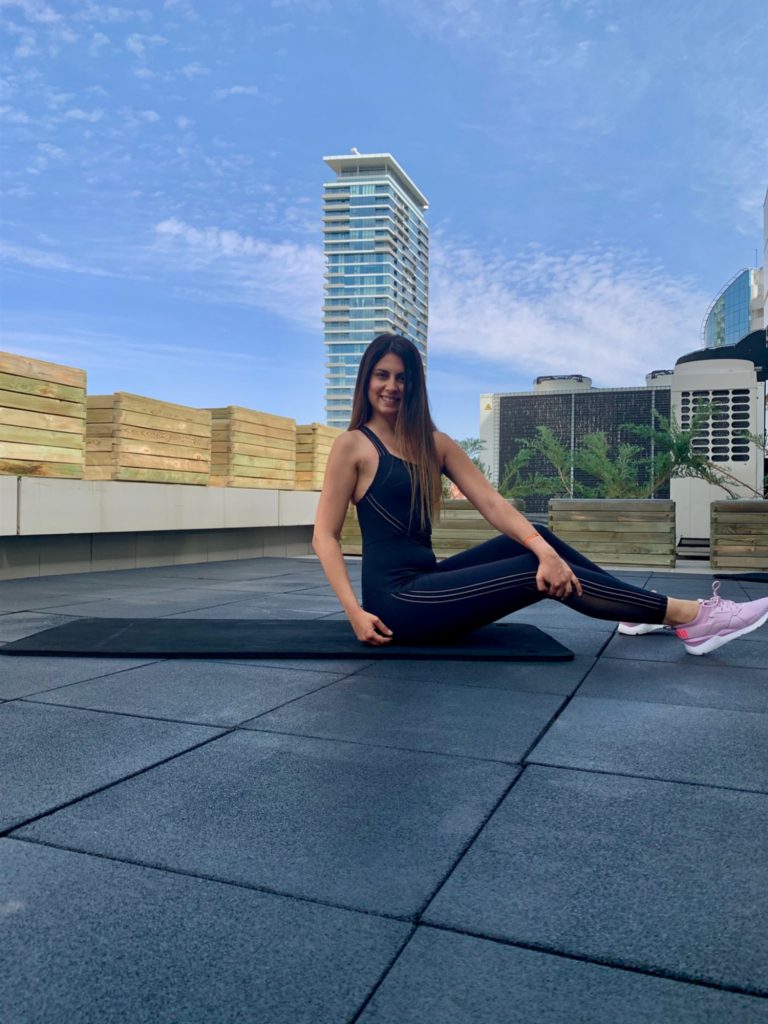
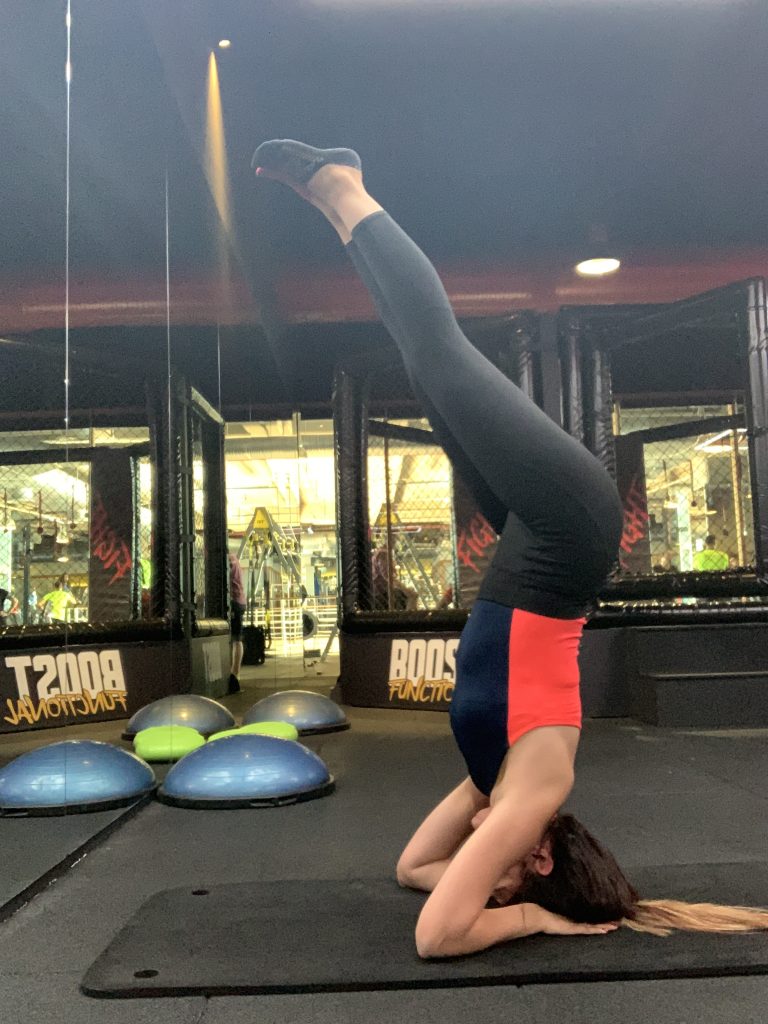
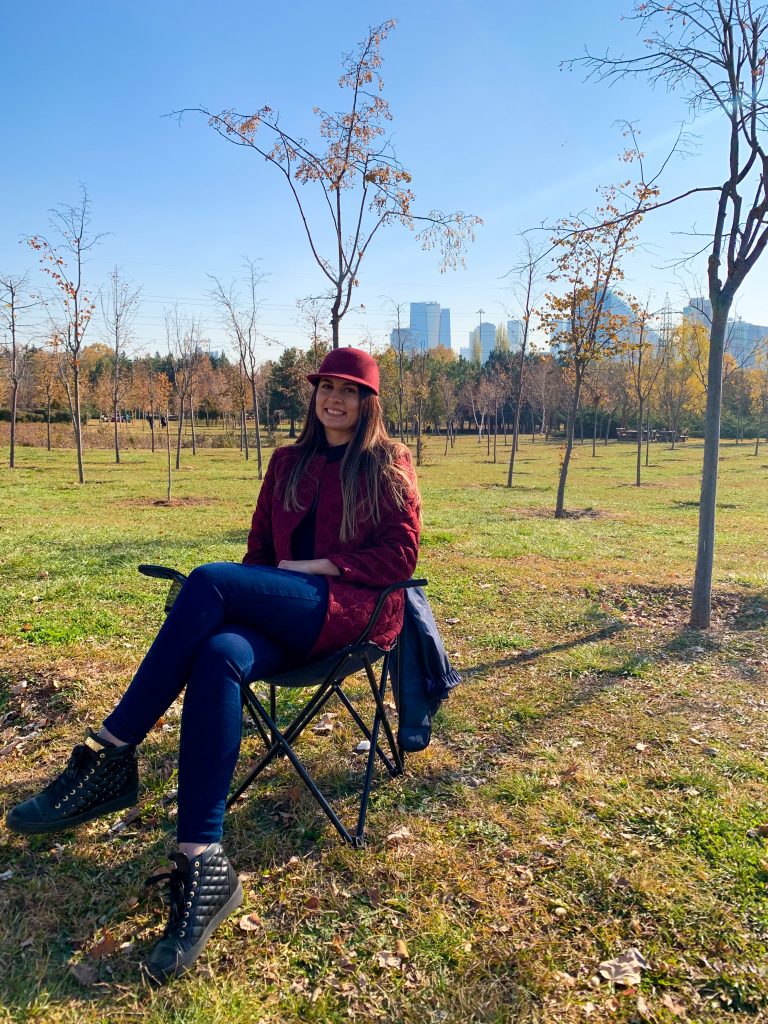
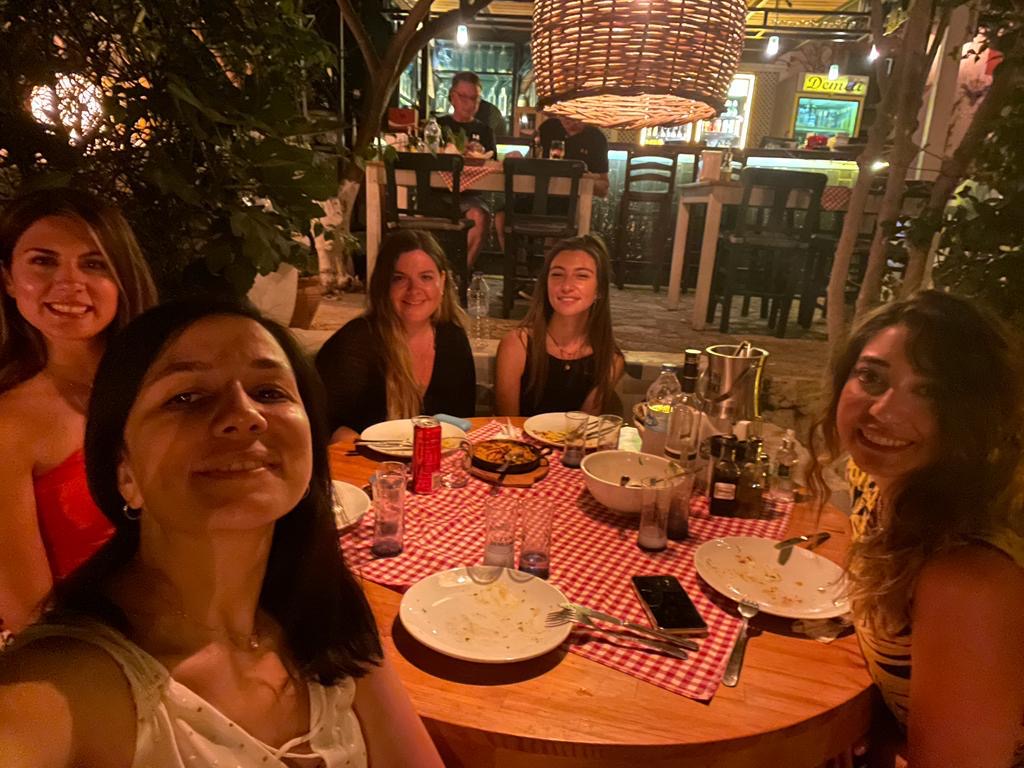
Describe a typical weekend
On Saturdays, I often organize my work schedule for the coming week and make a list of the assignments and projects and papers I need to complete. I go to the sports club for my last of 3 sports training sessions each week. After that the priority is on hanging out with friends on Saturday evening. As a coffee lover, I take my laptop to a café on Sundays and work on my papers and projects there while also doing some shopping after enjoying a traditional Turkish breakfast. I normally spend Sunday nights watching a series or movie.
Tell us 5 of your favourite things
Working on clinical research
Tennis
Kickboxing
Fashion
Travel
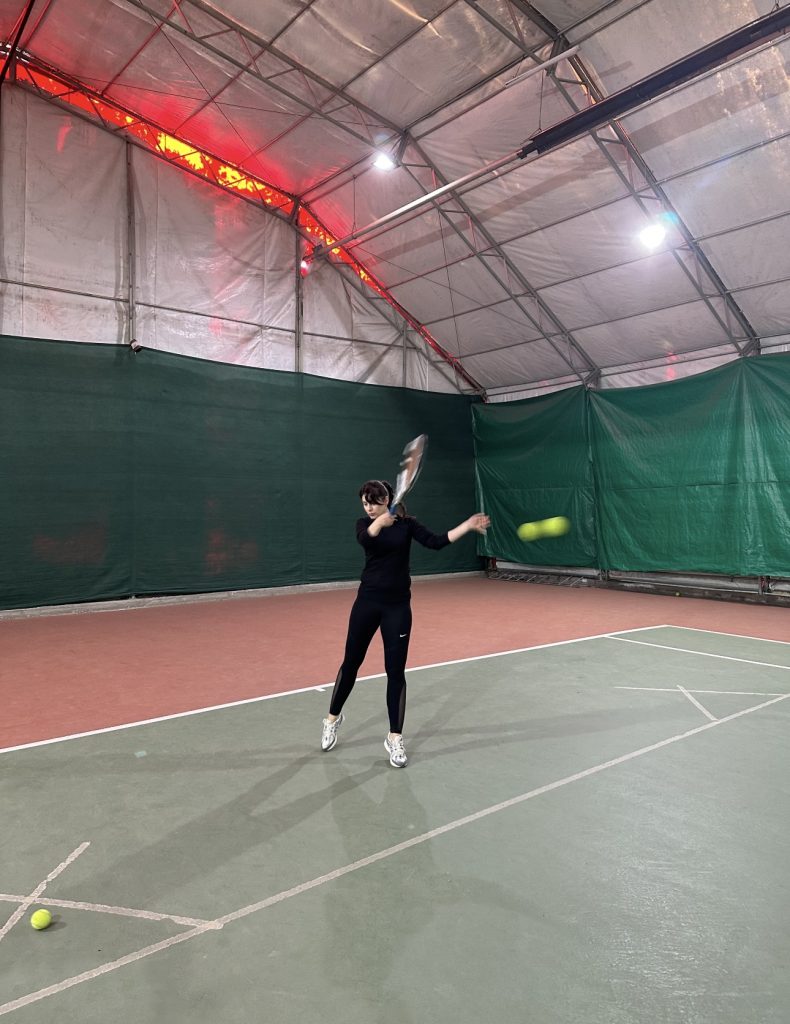
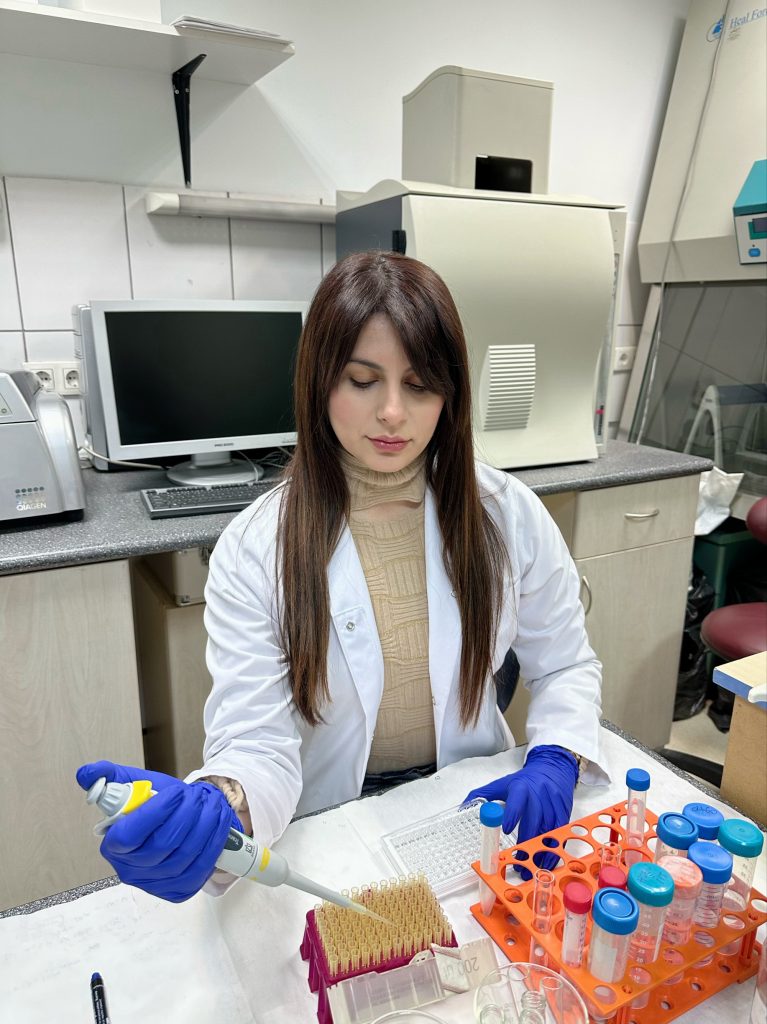
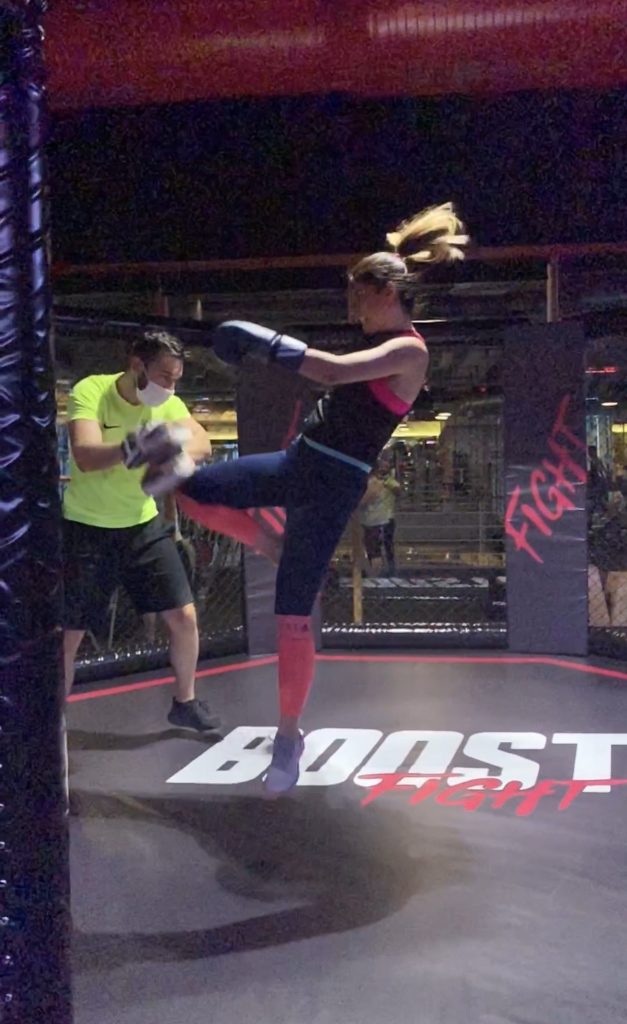
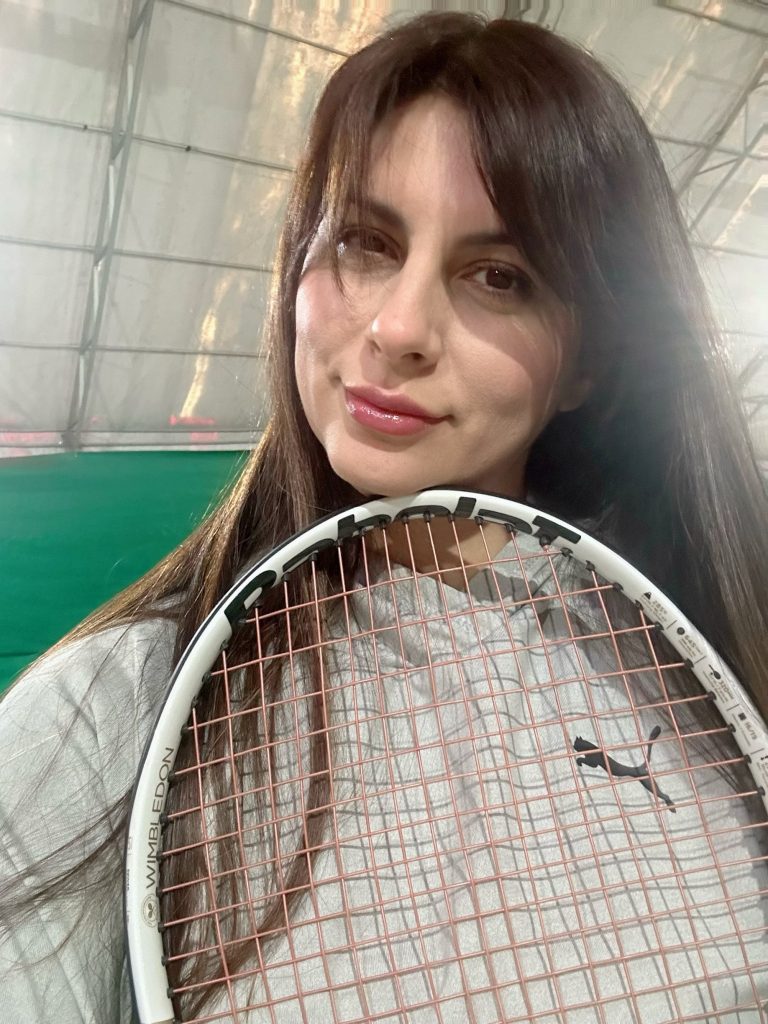
About ITI Research grants
The ITI provides funding for research projects in the field of implant dentistry and related areas that the ITI Research Committee has judged deserving of support. Part of the ITI’s annual research budget is allocated to applications whose projects deal with specific areas of interest defined by the ITI Research Committee.
The deadlines for ITI Research Grant applications are February 28 and August 31.
Apply for an ITI research grant.

